10 top cooking hacks to save energy in the kitchen
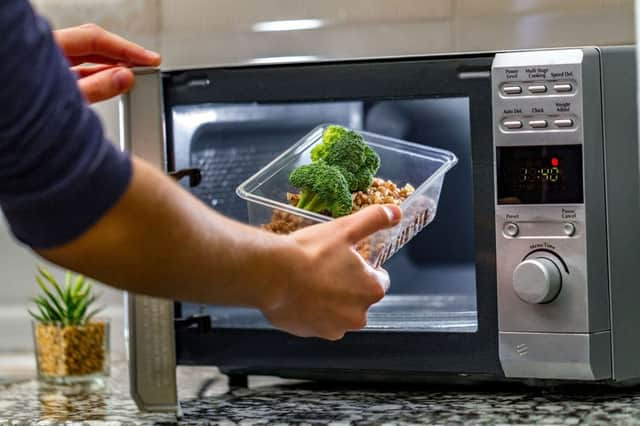

How to save time, energy and money in the kithcen
When preparing a meal it's always best to be energy and time efficient.
Brits are being encouraged to be more mindful of the way they cook as it could significantly reduce energy consumption and cut the cost of bills
Advertisement
Hide AdAdvertisement
Hide AdThe penny-pinching pros at NetVoucherCodes.co.uk are advising people on the best ways to cook more efficiently in the kitchen.
And with the recent hike in energy prices, those looking to be more energy-conscious may find that there are ways to save some cash too.
A spokesperson for NetVoucherCodes.co.uk said: ”There are loads of quick, easy and simple changes we can all make to our daily routines to help save energy in the house, especially when it comes to the kitchen.
“The kitchen is the heart of the home and because of this, it is not surprising that it is where we use a lot of our energy.
Advertisement
Hide AdAdvertisement
Hide Ad“By changing the pots and pans we use or making a stew in the slow cooker instead of the oven, are just a few ways of being more mindful of our energy usage.”
NetVoucherCodes.co.uk’s ten top tips for saving energy in the kitchen:
1. Cook as much as you can in the oven at once
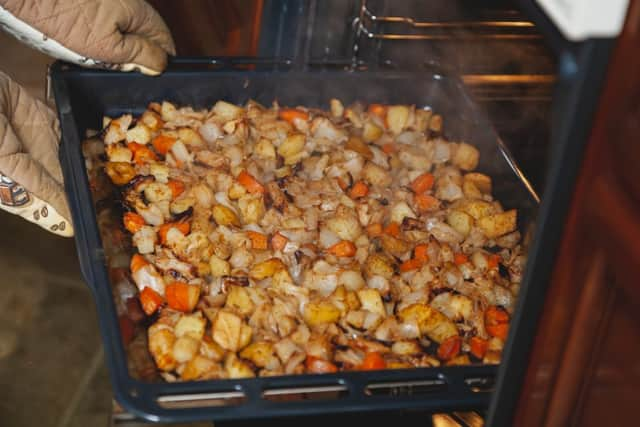

When cooking a large meal like a Sunday roast, make sure you prepare all of your veg beforehand so it can go into the oven at the same time. By timing it right, you can ensure that all of the heat and space in your oven is properly utilised. This will lower the amount of time your oven is on and save you energy.
2. Use the microwave
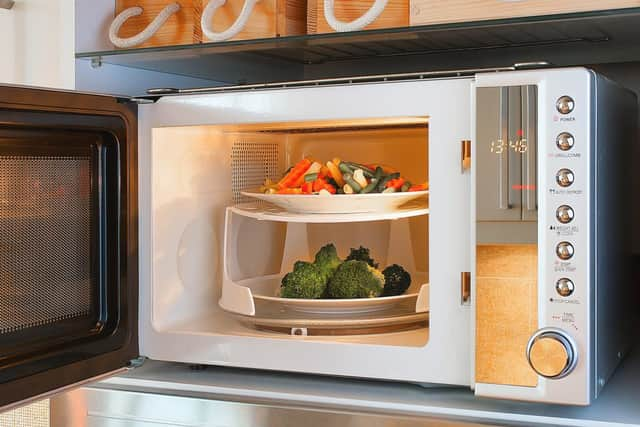

Microwaves’ low energy usage and speedy cooking times make them one of the most energy-efficient appliances. Due to their small size, microwaves require no pre-heating and are able to transfer heat to your food much quicker than an oven.
3. Choose the right pans for your hob
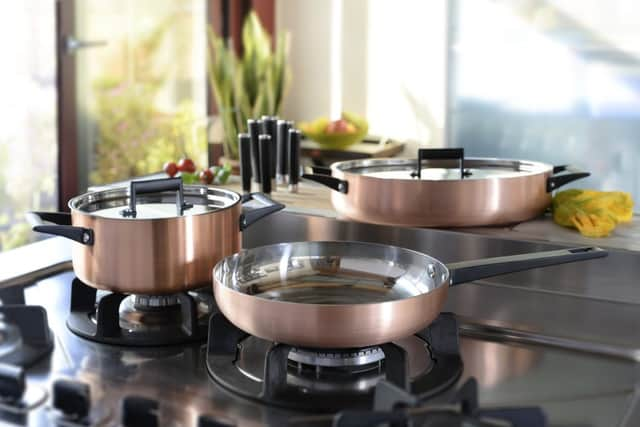

Advertisement
Hide AdAdvertisement
Hide AdIf you use an electric hob at home, you should make sure that you buy flat bottomed pans. These work best at making full contact with electric rings and allowing heat to spread more evenly. In turn, they will cook your food faster; saving you time and energy.
4. Opt for the Slow Cooker
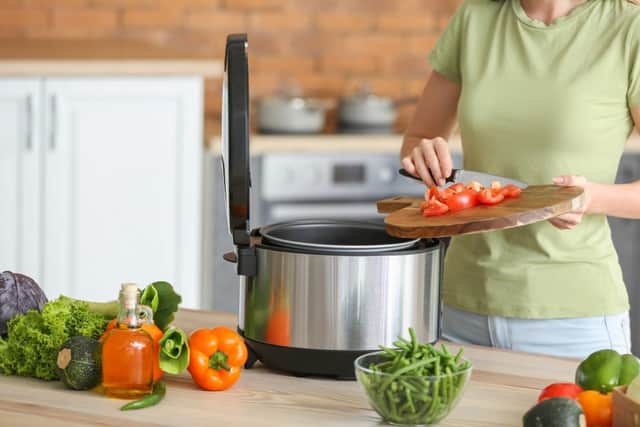

Slow cookers use the equivalent energy to that of a light bulb. Over 15 hours of slow-cooking equates to just 1 hour in an electric oven so this appliance is a definite must-have when it comes to energy efficiency.
5. Use Fan Assisted or Convection Ovens
Fan assisted or convection ovens circulate heat around your food as it cooks, getting the job done at a lower temperature than a traditional oven. Fan assisted ovens use 20℃ less to reach the equivalent of gas mark 6, making them the more energy-efficient option for your home.
6. Parboil potatoes before roasting
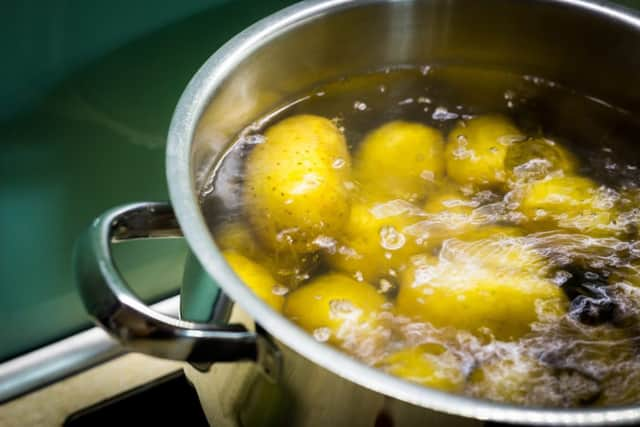

Parboil potatoes for 5-10 minutes before putting them in the oven not only helps to soften them up but also means they take less time to cook – saving some all important energy.
7. Half the cooking time by defrosting meat in the fridge overnight
Advertisement
Hide AdAdvertisement
Hide AdIf you’re planning on cooking a joint of beef or a roast chicken from frozen, make sure to defrost in the fridge the night before, or even the morning before you decide to cook it. This could half the cooking time; saving you money on your bills.
8. Turn the oven off 10 minutes before the end – it will retain heat and continue cooking
An electric oven can be significantly more expensive to use than a gas one. A top tip to save energy and money while using your electric oven is to switch it off 10 minutes before your food is ready. The temperature of the oven will remain the same and continue to cook your food.
9. Use Glass or Ceramic Dishes
Using glass or ceramic oven dishes will not only cook your food faster but be more energy-efficient and cost-effective. Glass and ceramic dishes retain heat far better than metal. You can even set the heat lower using these dishes because of their increased efficiency.
10. Use the kettle to boil water
If you’re cooking pasta, boiling potatoes or veg, use your kettle to boil as much water as you need then transfer it to the hob. Using the electricity from the kettle to boil your water will cost less than boiling it cold on the hob.